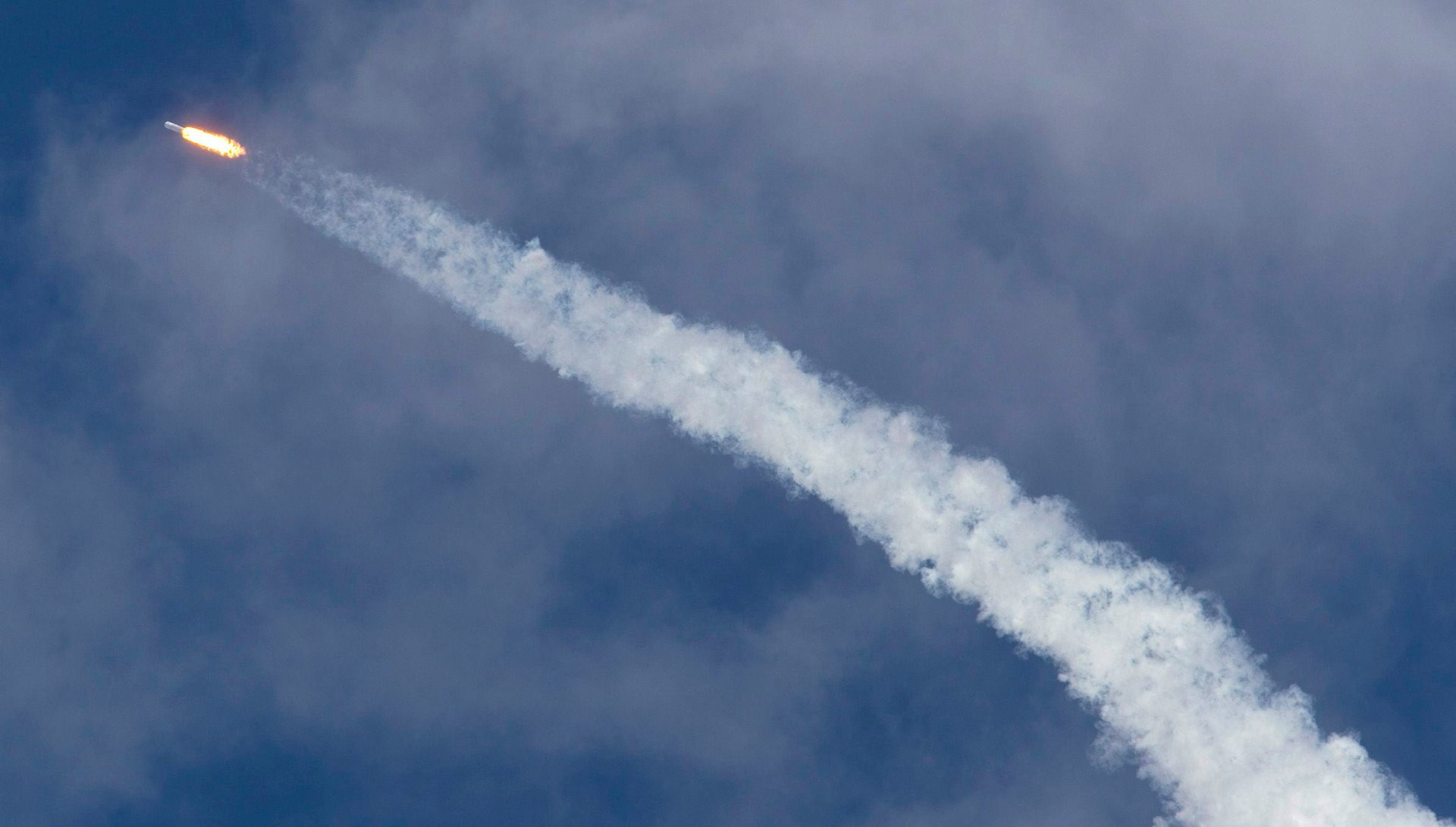Yesterday was a bad day for launching rockets into space
On Aug. 22, an unmanned rocket launched by Elon Musk’s SpaceX company exploded after an “anomaly” was discovered during a test flight in McGregor, Texas. Check it out here:


On Aug. 22, an unmanned rocket launched by Elon Musk’s SpaceX company exploded after an “anomaly” was discovered during a test flight in McGregor, Texas. Check it out here:
SpaceX said that finding such an anomaly (which in this case triggered a self-destruct mechanism) is precisely the point of tests such as this one. “Today’s test was particularly complex, pushing the limits of the vehicle further than any previous test,” a spokesperson told The Verge.
Separately on the same day, a much better-funded organization had problems of its own. The European Space Agency said two satellites launched for the continent’s version of GPS tracking, Doresa and Milena, did not reach as high an orbit as expected. The system is called Galileo, and it is a 7-billion-euro project to launch 26 satellites into space by 2017 to work alongside the US’s GPS and the Russian Glonass systems for European companies. Here is the launch:
All of which goes to show that, despite the technological leaps and major steps made recently in the field of commercial space technology, no one said launching rockets into space was easy.